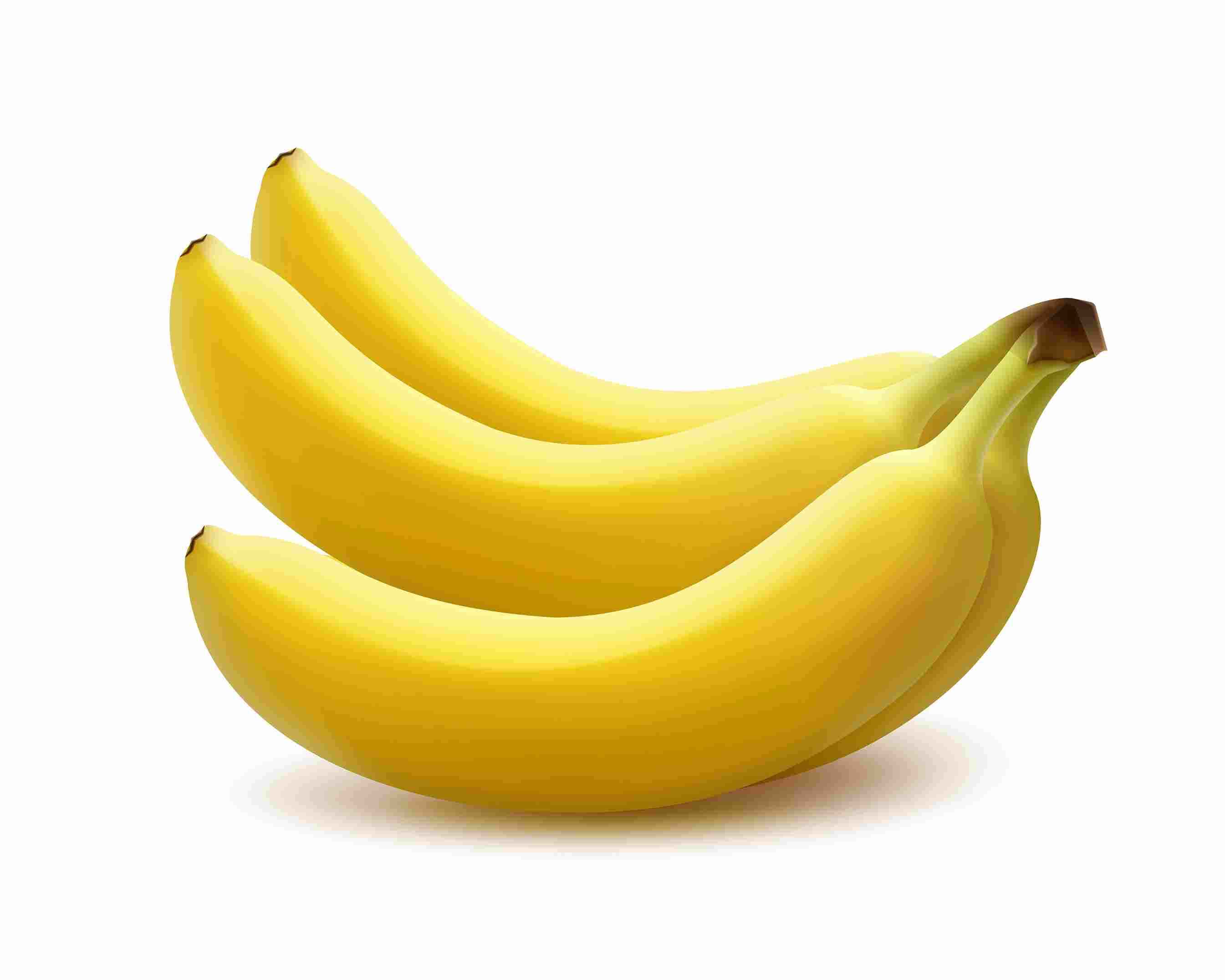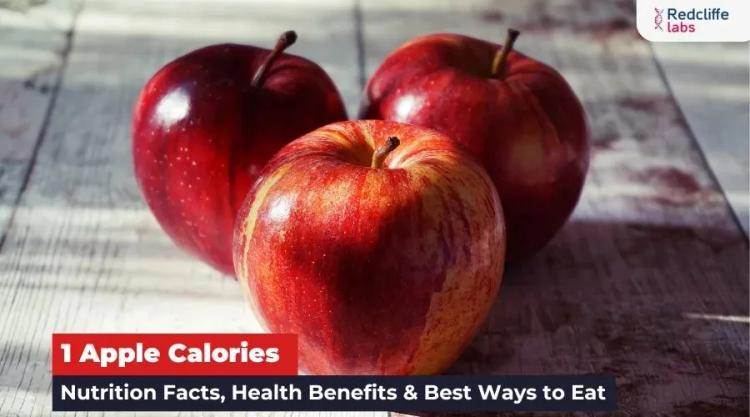Vitamins in Banana: Health Benefits, Nutrition Facts, and More!

Medically Reviewed By
Dr. Ragiinii Sharma
Written By Sheena Mehta
on Jul 9, 2024
Last Edit Made By Sheena Mehta
on Jul 31, 2025

Overview
One banana a day can keep a doctor away. Right.
After all, why should apples have all the attention? This elongated yellow fruit has a high nutritional value. Bananas are rich in dietary fiber, potassium, vitamins, antioxidants, and minerals.
Here is a table showing the nutrition facts about one medium-sized banana (100 g):
|
Banana |
Nutritional Value |
|
Calories |
89 |
|
Water |
75% |
|
Protein |
1,1 grams |
|
Carbs |
22.8 grams |
|
Sugar |
12.2 grams |
|
Fibre |
2.6 grams |
|
Fat |
0.3 grams |
Scientifically known as Musa acuminata, bananas are delicious. A banana (Kela) offers a plethora of health benefits. Adding them to your daily diet can improve your overall well-being.
Five interesting facts about bananas you may not know:
Banana is a curvy yellow fruit with various mental and physical health benefits. According to the Food and Agriculture Organization of the United Nations, it is one of the most cultivated, traded, and consumed fruits globally, with over 1,000 varieties.
- Bananas are appealing superfoods in green, yellow, and red variants.
- B bananas are cultivated in more than 120 countries worldwide, from the south and southeast Asian-Australian regions.
- Americans consume three million tons of bananas every year.
- Bananas are fat-free, cholesterol-free, and low in sodium. They are also a rich source of vitamin B6, vitamin C, potassium, and manganese, making them a superfood essential for health.
- Bananas are also believed to be the first fruit that archaeologists cultivated.
Bananas are the most sought-after superfoods. The vitamins in bananas and nutrients and other components help support heart health and provide energy. Let’s discuss them in detail.
The four main vitamins in Bananas are:
There are a small number of vitamins in bananas; however, they react with other benefits to provide you with unique benefits. They are listed below:
- Vitamin B6 in bananas
Do you know that getting enough B6 can reduce the risk of heart disease and certain types of cancer? Consuming one medium banana daily can cover up to 33% of the daily value of the vitamin. Bananas are nutrient-dense fruits that contain key nutrients such as potassium, magnesium, phosphorus, calcium, and other vitamins, making them good for digestive and heart health.
- Vitamin C and iron in bananas
They are respectable sources of vitamin C that help you protect against damage caused by free radicals. Vitamin C also helps your immune system work better. Besides, a banana (Kela) is considered a berry and a nutritious food, but it contains low iron content. However, the iron content in cooked bananas is significantly higher than in raw bananas (0.53 mg/100 g bananas vs. 0.33 mg/100 g bananas).
- Vitamin A in bananas
Vitamin A is essential for good vision and might help protect you from cancer.
- Amino Acid Tyrosine in bananas
Bananas contain the amino acid tyrosine, which, when mixed with certain vitamins, promotes the production of norepinephrine. Hence, bananas are a top pre-workout fruit for athletes because they help them improve their alertness, motivation, and memory and keep them focused.
Bananas also contain potassium, a mineral that helps maintain fluid levels in the body. A medium-sized banana contains 320–400 mg of potassium, making it a good source of potassium for a healthy heart and blood pressure.
Five health benefits of vitamins in bananas at a Glance!
Here are the vitamin-based health benefits of bananas:
- Overcomes Depression: Bananas have high levels of tryptophan, an important amino acid, which the body converts to serotonin. Serotonin is a mood-elevating brain chemical that can help you overcome depression.
- Keeps you full the whole day: The soluble fiber in bananas will make you feel full for longer. Besides, the resistant starch in bananas is a dietary fiber that can benefit gut health and regulate blood sugar in your body.
- Helps Maintain Bone Health: Bananas are not high in calcium, but they are high in fructooligosaccharides. These are non-digestible carbohydrates that encourage digestive-friendly bacteria and encourage calcium absorption in the body.
- Prevents Kidney Cancer: The high levels of antioxidant phenolic compounds in bananas help prevent kidney cancer.
- Natural Source of Energy: You can replace sports drinks with banana shakes or banana smoothies, which are great sources of energy, electrolytes, and antioxidants.
In short, banana intake can contribute to overall health by supporting functions such as metabolism, blood pressure regulation, better immunity, digestive health, and bone strength.
3 Potential Risks Associated with Bananas: You may like to know
There is no doubt that bananas are a potent source of energy. They contain vitamins and minerals that provide essential nutrients to your body that help improve your overall health and well-being. Certain risk factors are linked to bananas, including:
- You should not eat more than one or two bananas daily, as too much fiber intake can lead to unpleasant symptoms such as gas, cramps, and bloating.
- It is still controversial whether people with type 2 diabetes should consume bananas, as they can increase blood sugar levels.
- People with latex allergy symptoms such as itching, hives, and a runny nose may react to bananas.
Takeaway:
Bananas are among the most affordable and health-friendly fruits. They are a good source of several vitamins and minerals. When eaten in moderation, you can avail of various health benefits, including digestive and cardiovascular health and anti-inflammatory properties. You can incorporate bananas into your balanced diet to reap maximum health benefits.



